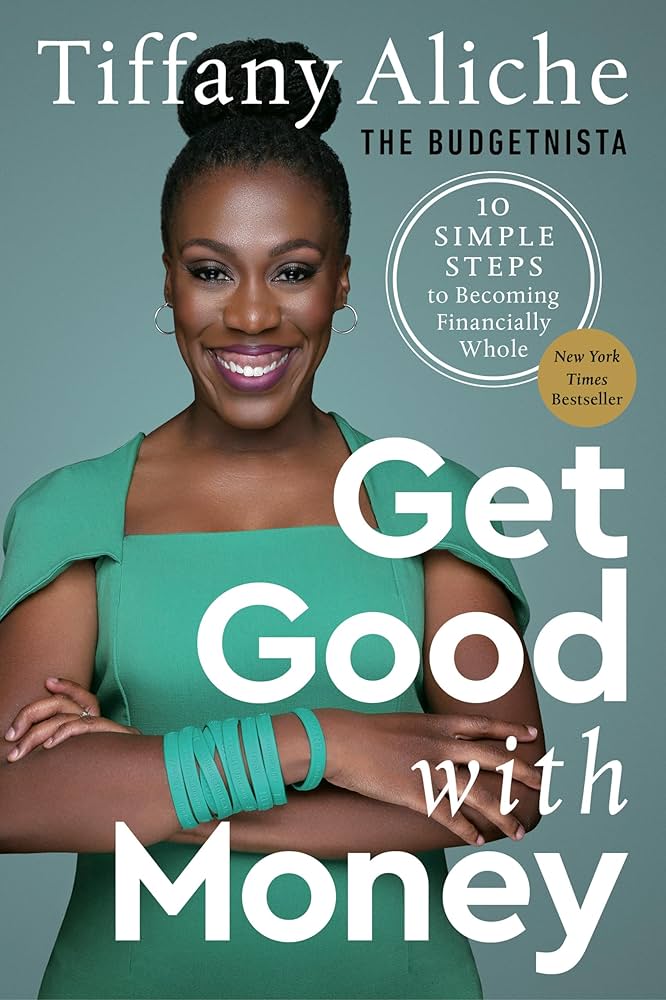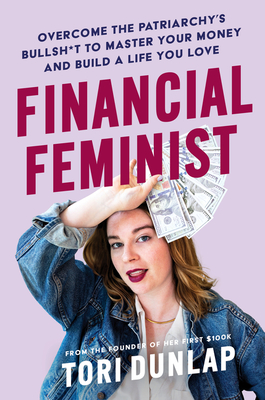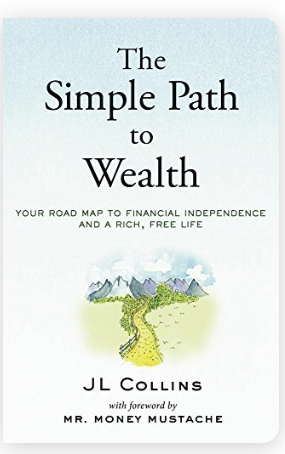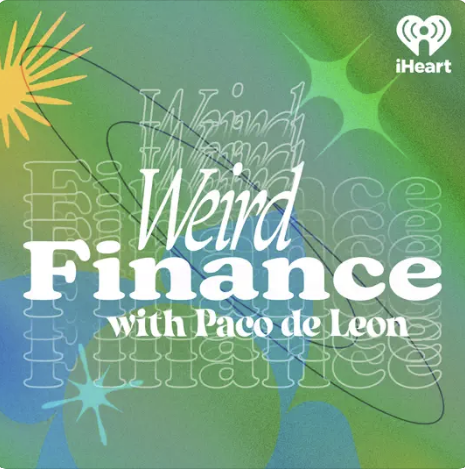Newsletter📰
I send an email a month full of resources! When you sign up you get a free copy of my toolkit
Budgeting📊
I think budgeting is a liberating practice rather than a restrictive one. Also, you can budget for free using these two documents
Job Hunting💼
I wrote everything down while applying for a post PhD job! If you are interested in chatting about job searches, I recommend signing up for coaching and you will get access to all this documentation! If you are a graduate student, the first two sessions are FREE.
FAQs with Content Recommendations
What is an Emergency Fund (E-Fund)🚨?

A great book that you can get for FREE at the library is “Get Good with Money” by Tiffany Aliche in which she answers this question and many more regarding personal finance.
An emergency fund is a cash cushion that can cover anywhere from 1 to 6 months of necessary expenses. Tiffany, calls the necessary expenses your “noodle budget”, which only includes items that you need to survive, not your Hulu account.
An emergency fund should be hosted on a High Yield Savings Account (see question below). The emergency fund’s main job is to sustain you when 💩 hits the fan and prevent you from getting into any type of debt.
What is a High Yield Savings Account (HYSA)💰?
A High Yield Savings Account (HYSA) is a savings account that usually pays 5-10 times the national average of a standard savings account. These accounts are usually hosted by online only banks, which have lower running costs than large brick-and-mortar and basically FREE to you. HYSA accounts have no cost to you, no penalty when withdrawing your money, and little to no fees. I have used HYSAs since graduate school for my household’s emergency fund at Ally. Other banks, like Synchrony and SoFi, also offer HYSAs, I just don’t have an account with them.
Should I pay off my debt or start investing ⚖️?

In my opinion, the best answer for this question is given by Tori Dunlap, author of the book Financial Feminist, which is available for FREE at the library as an e-book or an audiobook! Tori’s business, also has a lot of resources, like this blog post! As every other personal finance question, the answer is…IT DEPENDS. Some of the following questions might help you determine what is best for your specific case:
- Do you have an emergency fund in place? If an emergency occurs are you able to cover the emergency or would you incur further debt?
- What kind of debt do you have? What is the interest rate of the debt? Are you motivated by small or optimized wins?
- Do you have access to an employer match for your retirement plan?
What should I invest in💸?

There are many types of investing accounts and each of them has its purpose and tax implications. One of the books that is truly live changing is “The Simple Path to Wealth” by JL Collins which I got to borrow for FREE from our public library as an e-book and an audiobook.
The financial industry makes its revenue from managing your investing accounts. I believe all of us are capable and have the resources to do DIY investing in low-cost index funds, and I am sure if you read “The Simple Path to Wealth” you will be convinced too.
Three institutions that are very well known in the investing world are Vanguard, Fidelity, and Charles Schwab. Today, I have accounts with 2 out of these 3, so I can recommend them with confidence 🙂
What podcasts should I listed to if I want to binge personal finance content🎙️?





